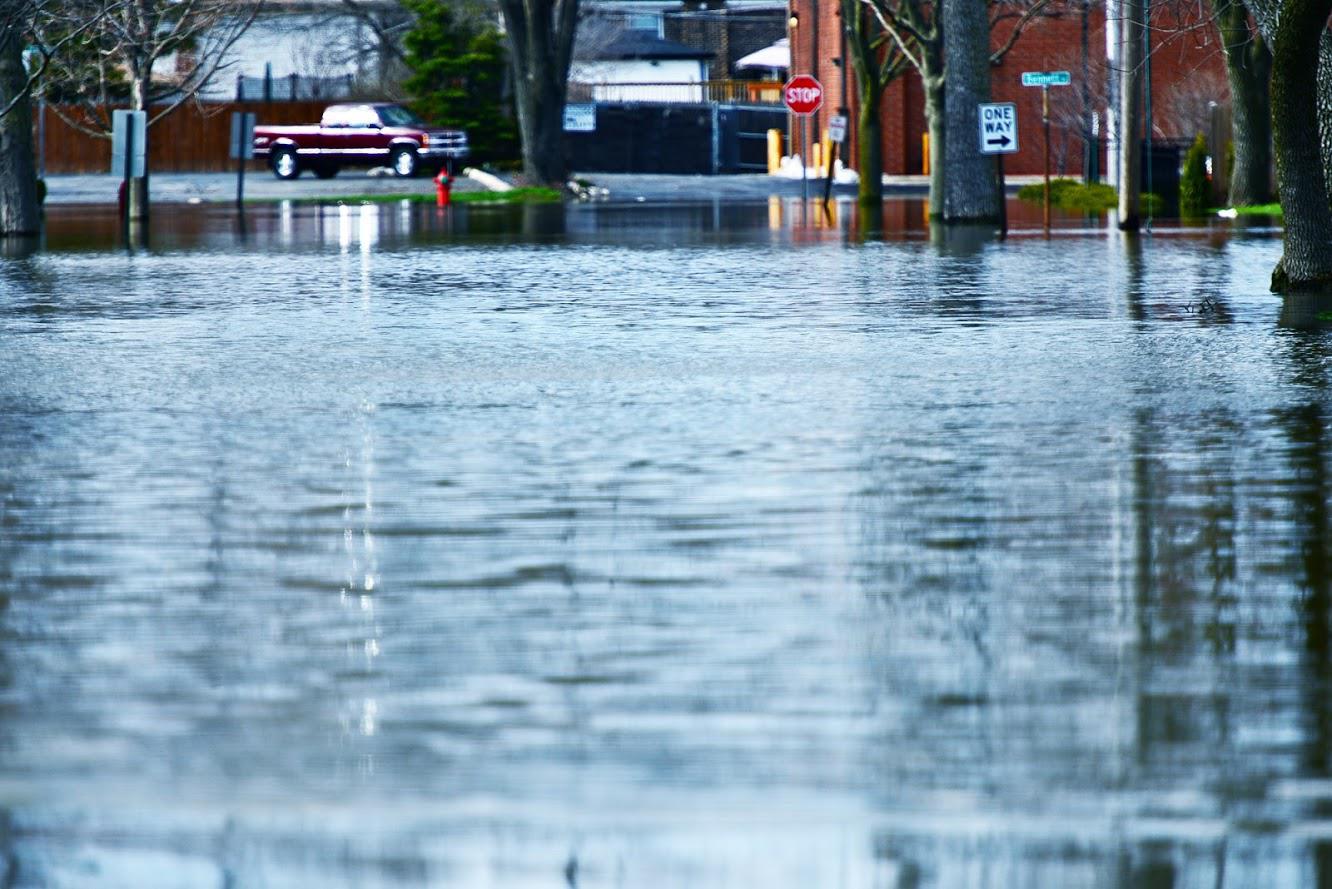HVAC Management Before and After Flooding
- By Admin
- •
- 20 Dec, 2018
- •

Recent flooding in Florida due to Hurricane Florence reminds people of the devastating effects of rising storm surges. Heating, ventilation, and airconditioning (HVAC) systems are often casualties of the floods caused by hurricanes and tropical depressions.
You can take several steps to minimize damage to your HVAC system. Learn what you should do to prepare beforehand and repair your HVAC system after a flood.
Assess the Risks Faced by Your System
If your HVAC system is immersed in flood waters, the system can be permanently damaged and become a vector for airborne diseases. But how high is your home's flood risk? If you live near a floodplain or in a location with poor drainage, your home is more likely to flood during intense rains.
You can find flood hazard information for your location by searching online or by contacting the following government officials:
- Federal
Emergency Management Agency (FEMA)
- United
States Geological Survey (USGS)
- National
Oceanic and Atmospheric Information (NOAA)
When your home is located in a flood-prone area, determine the potential water rise around and inside your home. Where can water enter your slab or crawl space? Is your exterior condenser raised up on a platform, or is it at the mercy of a foot of storm runoff?
When Possible, Solve the Specific Risks
Raising your HVAC components is one solution to minimize HVAC flooding risks. However, you need a licensed HVAC professional to raise the exterior pad or interior base for heating and cooling equipment. Your HVAC system may need updated wiring, new refrigerant tubing, and other components when it's lifted.
Relocating an HVAC system to an upper floor is another solution in flood-prone regions. If your area sees deep flooding, an upstairs HVAC system could be spared any water damage. You'll need a licensed contractor to relocate your HVAC system to a higher location.
A third option for HVAC protection is to have a special sealed wall built around the main components of your HVAC system. The best time to use this flood-mediation strategy is when a home is being constructed.
Be Proactive About HVAC Preparation
If you can't raise or relocate your exterior components, arrange sandbags around the components before a storm arrives. Wrap condensers in plastic sheeting to protect the external condenser coils from debris and foul-water damage.
Power outages often occur during storms. The resulting power surges can damage fuses, wiring, and other components. Shut the power to your HVAC system off when a storm is imminent. You can do so by shutting off the circuit breakers that serve the HVAC lines.
Perform the following storm-preparation tasks:
- Seal
exterior vents
- Shut
off all gas and propane lines
- Protect
fuel lines
- Close
all interior vents
Seal the doors and windows in rooms containing your home's HVAC equipment. If your HVAC equipment is located in the garage, make certain that the garage door closes completely and is outfitted with a water-resistant gasket.
Call a Pro for Trusted Cleanup
If any part of your home's HVAC system is exposed to floodwaters, call a licensed contractor to inspect your system. In many cases, your system can be salvaged. However, your system may require extensive repairs.
Your HVAC professional may need to:
- Clean
sealed refrigerant circuits
- Examine
radiant cables for damage
- Disassemble
and dry out components
- Replace
gas-pressure regulators
If your system needs to be disinfected before you can use your heating or air conditioning, ask your HVAC professional if they provide this service. Flood remediation includes drying, cleaning, and disinfecting toxic materials from your HVAC components.
Learn more about protecting and repairing your HVAC system from flood damage by contacting AC Service Today. We repair and replace flood-damaged HVAC systems throughout the Ocala, Florida, region.
